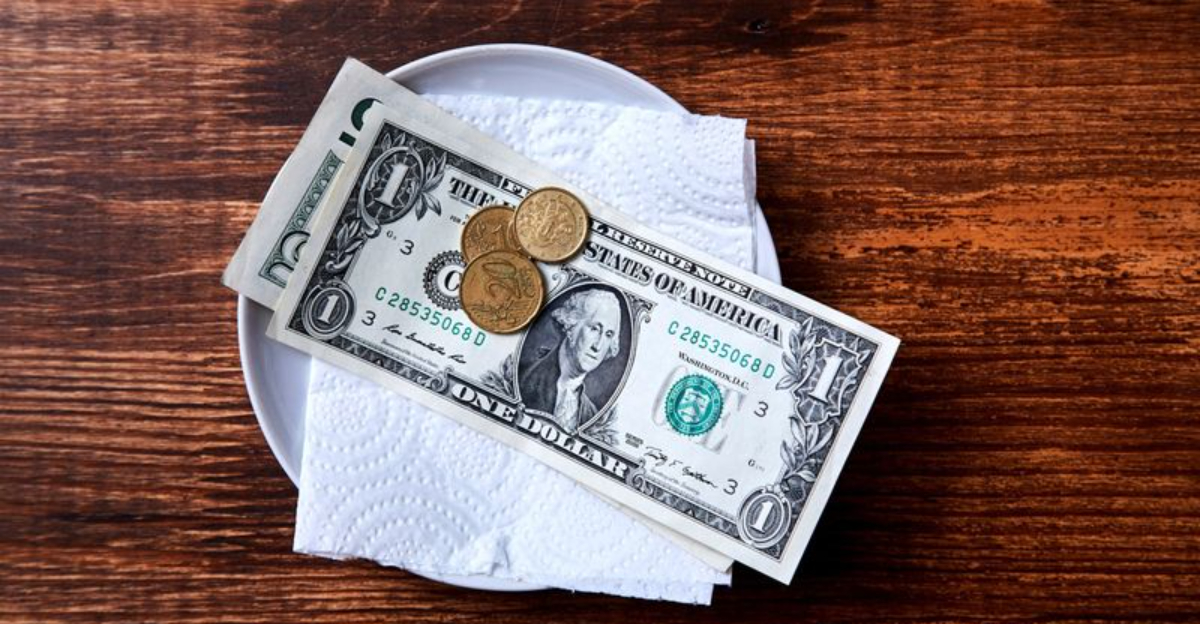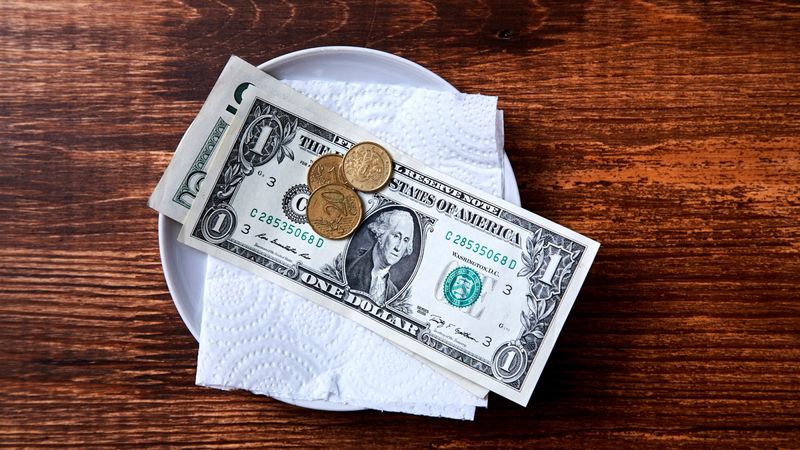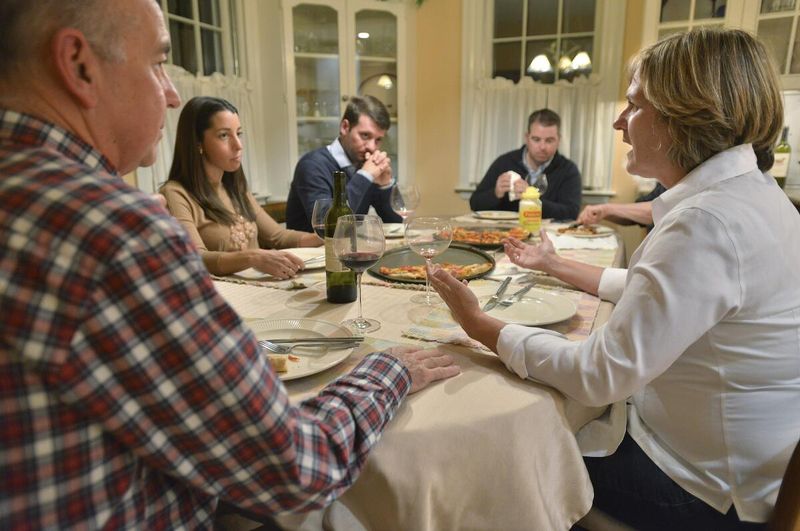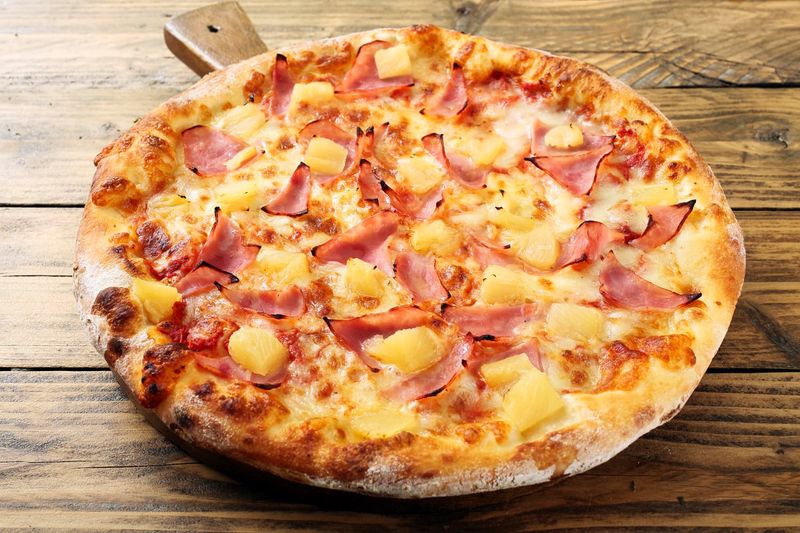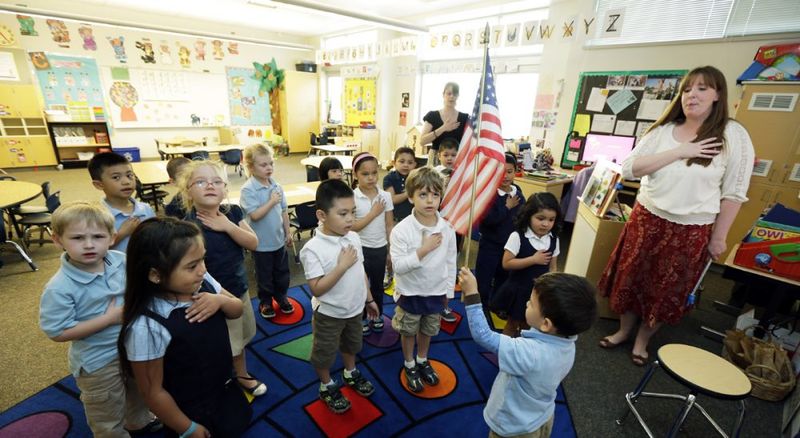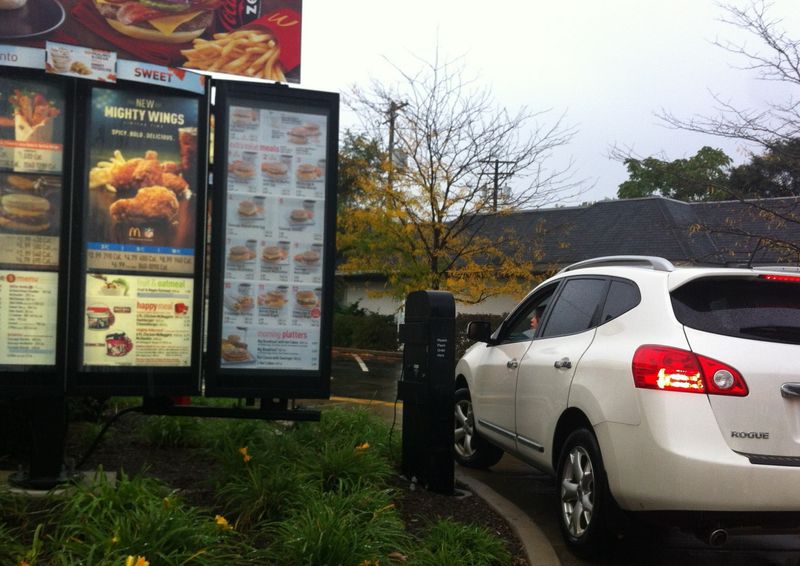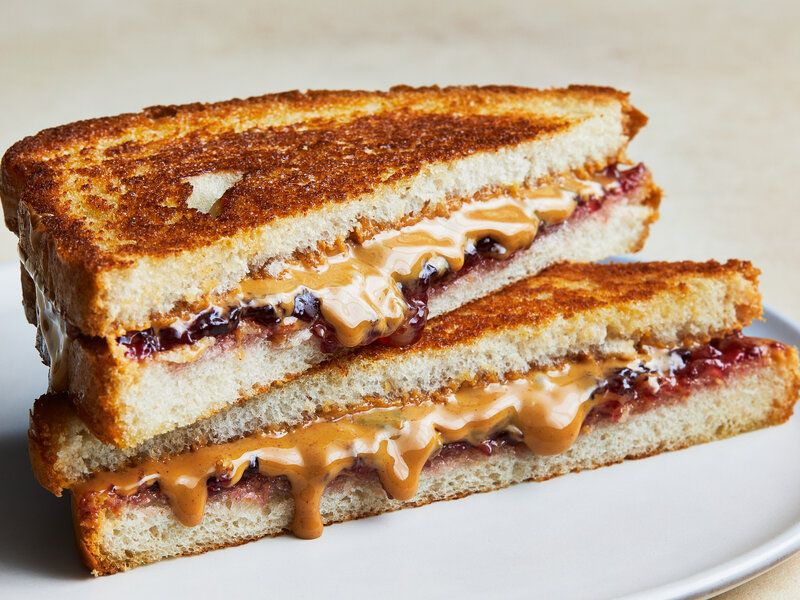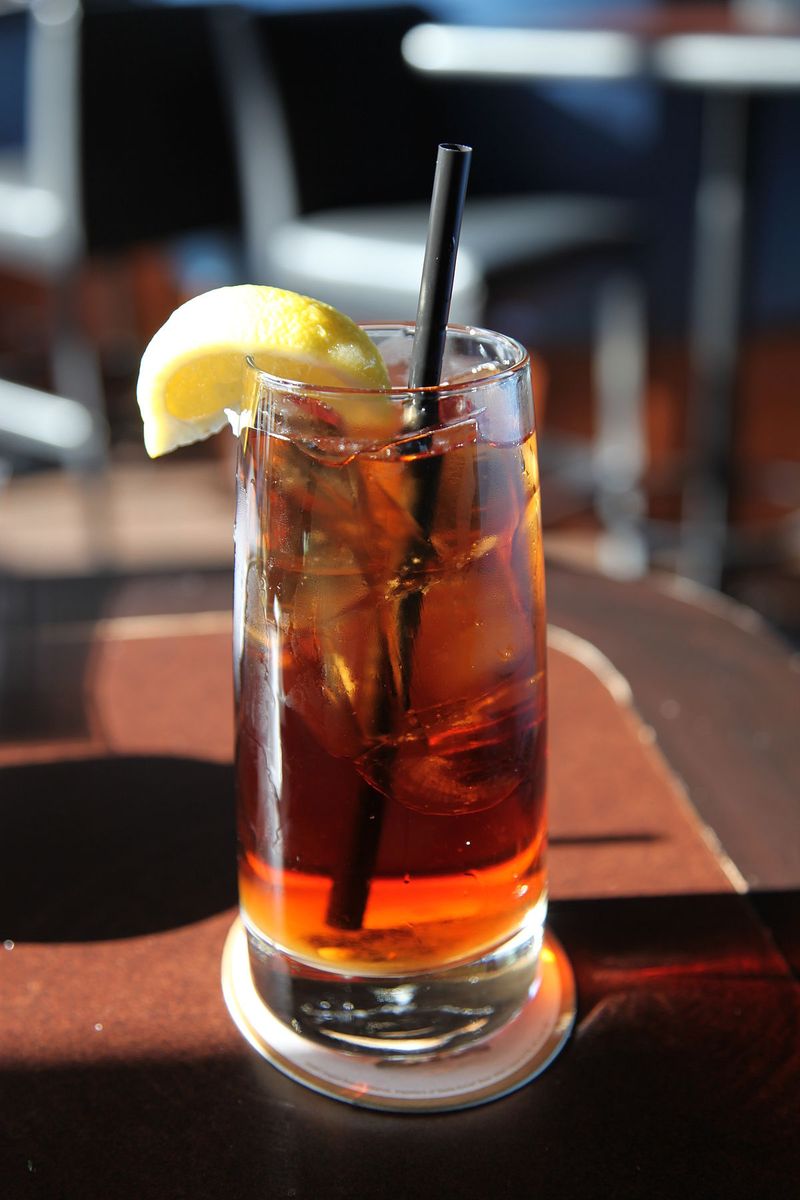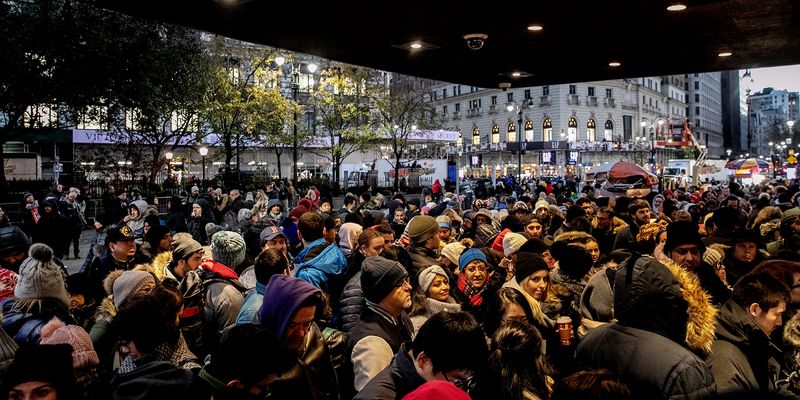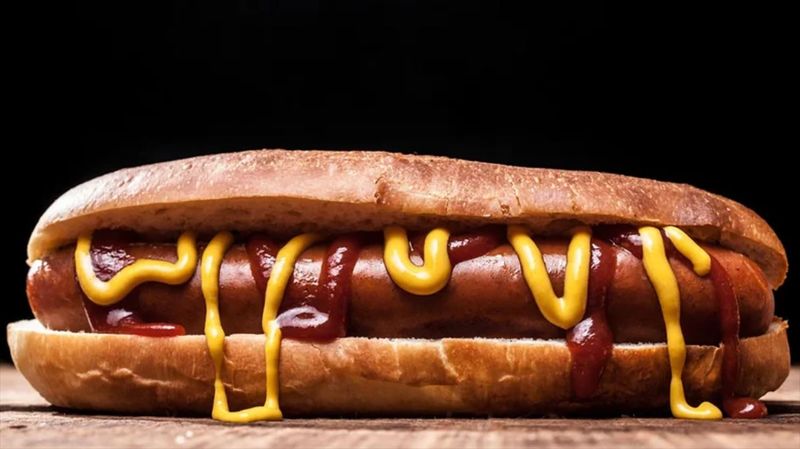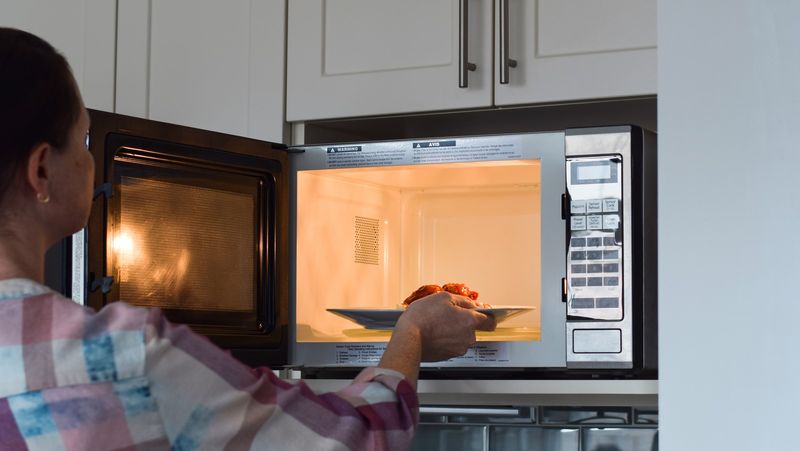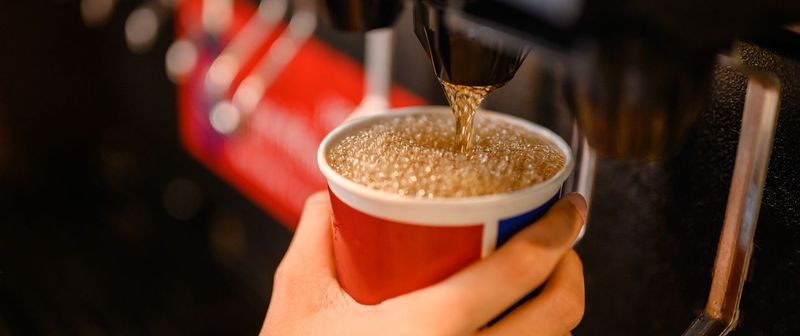American culture is filled with quirky rules and traditions that many follow without question. These norms, ranging from fashion faux pas to dining etiquette, reflect the unique blend of history, values, and humor embedded in everyday American life. Whether practical or peculiar, these rules often spark curiosity and conversation. Join us as we explore 15 odd rules that have shaped the American experience, and perhaps you’ll find yourself nodding in agreement or smiling at the absurdity. From tipping habits to food controversies, these rules paint a vivid picture of what it means to be American.
1. No White After Labor Day
Ever pondered why wearing white post-Labor Day raises eyebrows? This age-old fashion “rule” finds its roots in the late 19th century among the elite. Some say it was a way to mark the end of summer or distinguish the wealthy from the working class.
Today, it lingers more as a light-hearted tradition than a strict guideline. You might notice a subtle pause before slipping on those white jeans in October, even if you’re not sure why.
It’s a curious blend of style wisdom and societal conformity that keeps this quirky custom alive.
2. Always Tip 20%—Even for Bad Service
Tipping is an integral part of dining out in America, almost a moral obligation. Even when service is less than stellar, many Americans feel compelled to leave a generous tip. This habit stems from a cultural expectation that servers rely on tips to make ends meet.
It’s a unique practice that often bewilders foreigners accustomed to fixed service charges. Despite calculating tips mid-bite, the idea of not tipping seems almost criminal to many.
This rule reflects the American ethos of gratitude and support for service workers, even when it’s begrudgingly given.
3. Don’t Talk About Politics at Dinner
“No politics at the dinner table,” they say—a rule meant to preserve peace during family gatherings. Yet, the mere suggestion of avoiding political discourse often invites the very debates it seeks to prevent.
Thanksgiving dinners can quickly shift from peaceful to passionate as conversations turn to elections and policies.
This rule aims to maintain harmony but often becomes the very breach, with passionate opinions bubbling over. It’s a testament to the lively and sometimes contentious nature of American family dynamics.
4. Pineapple on Pizza Is a Crime
Hawaiian pizza: culinary delight or abomination? Opinions are sharply divided. For some, the sweet and savory combination is bliss; for others, it’s an affront to pizza’s purity. This debate has become a staple of American food culture.
The controversy highlights how personal taste sparks heated discussions. People often take staunch positions, either defending the tropical topping with vigor or condemning it with equal intensity.
Such debates reveal how food preferences become cultural statements, reflecting individual identity and community values.
5. Never Skip the Pledge of Allegiance
From the moment they enter school, American children are taught to recite the Pledge of Allegiance, hand over heart. It’s a daily ritual that fosters patriotism and unity, yet few ponder its origins or the nuances of its words.
Many adult Americans can still recite the pledge from memory, often out of habit rather than conscious thought.
This tradition is deeply embedded in American culture, symbolizing loyalty and national pride, even if its meaning is sometimes taken for granted.
6. Drive-Thru Etiquette Is Sacred
The drive-thru: a staple of American convenience culture. Yet, a strict unwritten rule governs it—never arrive unprepared. Knowing your order before reaching the speaker is crucial to maintain the pace and avoid the wrath of those behind you.
This fast-paced etiquette reflects the American value of efficiency, where time is a commodity.
Despite the pressure, it’s a beloved ritual for many, offering the comfort of familiar flavors on the go, reinforcing the need for speed and decisiveness in daily life.
7. Peanut Butter & Jelly Is a Perfectly Normal Meal
In the U.S., the peanut butter and jelly sandwich is a nostalgic staple, a comforting meal for both children and adults. Its simplicity and balance of flavors evoke fond memories of childhood lunches.
While the rest of the world might see this as a curious dessert, Americans embrace it as a legitimate meal.
This beloved combination speaks to the American appreciation for comfort food, where simplicity and taste reign supreme. It’s a culinary cornerstone that continues to bring joy and satisfaction across generations.
8. Ice in Drinks Is Mandatory
For Americans, a beverage without ice is almost unthinkable. The clinking of ice cubes is synonymous with refreshment and indulgence. This preference often surprises those accustomed to room-temperature drinks.
The insistence on ice is both a cultural quirk and a matter of taste, adding a crisp, cool dimension to any beverage.
This practice underscores the American penchant for customization and personal comfort, turning a simple drink into a personalized experience.
9. Black Friday Is a National Sport
For some, Black Friday is the ultimate shopping showdown. It marks the unofficial start of the holiday season and involves strategizing, early waking hours, and sometimes, physical endurance.
To the uninitiated, it may seem like chaos, but to many Americans, it’s a cherished tradition.
This ritual reflects the spirit of consumerism mixed with festivity, where scoring a deal becomes a reason to celebrate, and the thrill of the hunt is just as rewarding as the purchase.
10. Shoes On in the House = Barbaric
In many American households, the sight of shoes in the house is frowned upon. Removing footwear at the entrance is seen as a sign of respect and cleanliness.
Visitors often find themselves in a polite dance, deciding whether to follow suit or risk seeming rude.
This practice highlights the value placed on hygiene and comfort in home environments, where the indoor space is considered a sanctuary from the outside world.
11. Ketchup on Hot Dogs Is Controversial
In certain parts of America, particularly Chicago, putting ketchup on a hot dog is akin to culinary heresy. Purists insist on mustard, onions, and relish, but never ketchup.
This condiment controversy often leaves outsiders bewildered yet amused.
The debate over ketchup reflects regional pride and the diverse culinary landscape of the U.S., where even the simplest foods can ignite passionate discussions and staunch loyalties.
12. Always Say ‘Bless You’ After a Sneeze
In America, a sneeze rarely goes unnoticed. The automatic “Bless you” or “Gesundheit” follows, a reflexive act of politeness and camaraderie.
Even strangers feel an obligation to acknowledge a sneeze, often instinctively.
This custom, rooted in ancient superstitions, has evolved into a friendly gesture that bridges social gaps, emphasizing the American spirit of friendliness and community.
13. Microwaving Leftovers Is a Personality Trait
For many Americans, leftovers are a culinary canvas, best served reheated the next day. The microwave is their tool of choice, turning cold pizza or Chinese takeout into a hot meal laden with nostalgia.
This habit is more than practicality; it’s a testament to the belief that some dishes improve with time.
The practice speaks to American ingenuity and love for comfort foods, where the convenience of modern appliances enhances traditional flavors.
14. The ‘American Smile’ at Strangers
The “American Smile” is a cultural trademark—warm, broad, and often offered to strangers. It signals friendliness and openness but can be perplexing to those from more reserved cultures.
This characteristic gesture is a reflection of the American value placed on approachability and goodwill.
The smile is more than a facial expression; it’s a bridge to new connections, embodying the national ethos of optimism and hospitality.
15. Free Refills Are a Human Right
Unlimited soda refills are often seen as a symbol of freedom and generosity in America. This practice, while bewildering to some, is cherished by those who enjoy their beverages in abundance.
It reflects the American love for value and choice, where more is often better.
Offering free refills aligns with a culture that celebrates abundance and hospitality, making dining experiences more satisfying and enjoyable for all.
